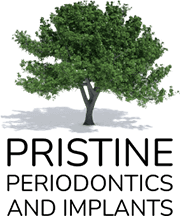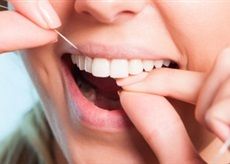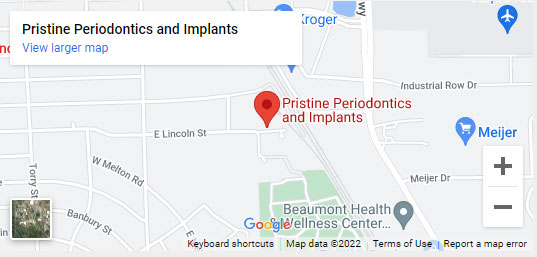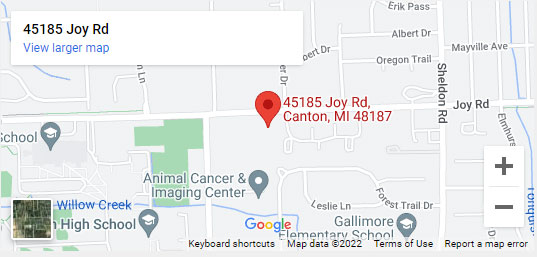Quick! Do you know the most common preventable oral disease?
If you answered gum disease, congrats! If not, prepare to learn all about this common yet easily avoidable condition.
Why Gum Disease is So Common
Most patients are familiar with what it takes to keep teeth healthy – brushing twice a day and flossing at least once a day as well as regular dental visits. However, at-home hygiene has a tendency to focus on just the teeth – regardless of age, daily flossing has less compliance than brushing and flossing. The excuses of why people don’t floss range from not knowing how to just being lazy to thinking it’s only necessary to floss before dental cleanings.
Another major issue: many people underestimate the importance of the gums until it’s too late. However, gums play perhaps the most critical role in your smile. Not only do they help keep teeth in place, the gingiva covers delicate teeth roots and jaw bone tissue, preserving your oral health.
What are the Symptoms To Look For
Educating patients on the dangers of gum disease is only part of the prevention process. At Pristine Periodontics and Implants, we strive to teach our patients about the symptoms and warning signs of gum disease so that they can identify these telling symptoms before their condition worsens.
Think you have gum disease? These are the top symptoms to look out for:
Bleeding, Tender, Swollen, or Discolored Gums
Changes to the color and sensitivity of your gums is among the first signs of gingivitis and remains a constant indicator that there is a more serious underlying issue. During the first stage of gum disease, your gums may bleed easily or appear to be more red rather than a healthy pink. As the condition progresses, the tissue becomes more sensitive and can turn bright red.
Teeth Appear Too Long
As gingivitis turns into periodontitis, the gums slowly pull away from teeth. This gum recession causes teeth to look longer than normal and leaves the sensitive roots exposed. Often, this symptom can only be treated with gum grafting.
Change in Bite Alignment
A major consequence of gum disease is the damage caused to the connective tissue below the gums. In a healthy smile, the gums, jaw, and teeth roots work together keep teeth in place and preserve the bite pattern. When a patient is showing signs of gum disease, bacteria attack these important foundations, allowing teeth to become loose and begin shifting. This has a domino effect on the rest of the smile, compromising your ability to bite and chew as well as putting unnecessary strain on the jaw joint (TMJ).
Persistent Bad Breath & Sores in the Mouth
This symptom is as bad as it sounds. Bacteria and plaque buildup tend to give off a terrible taste and smell that no amount of brushing or mints can eliminate. Patients with advanced periodontitis may even develop abscesses below the gum line, which further contribute to bad breath and damage to the smile as a whole. If you notice the development of sores or bad breath that just won’t go away, it’s incredibly important that you visit your dentist or periodontist immediately.
Missing Teeth
Few patients realize that gum disease is one of the most common contributors to tooth loss among adults. This unfortunate side effect occurs when the bone tissue surrounding the tooth is so severely damaged that teeth can no longer be supported. While teeth can fall out on their own, in some cases your dentist may remove at-risk teeth if they run the risk of damaging the rest of your smile.
Protect Your Smile Today
While the symptoms and consequences of gum disease are serious, this condition is easily prevented with an effective oral hygiene routine at home and regular professional teeth cleanings. To learn more about the consequences of this condition, we urge you to schedule an appointment with your general dentist or reach out to our Birmingham, MI periodontist to learn more about this oral health issue.




